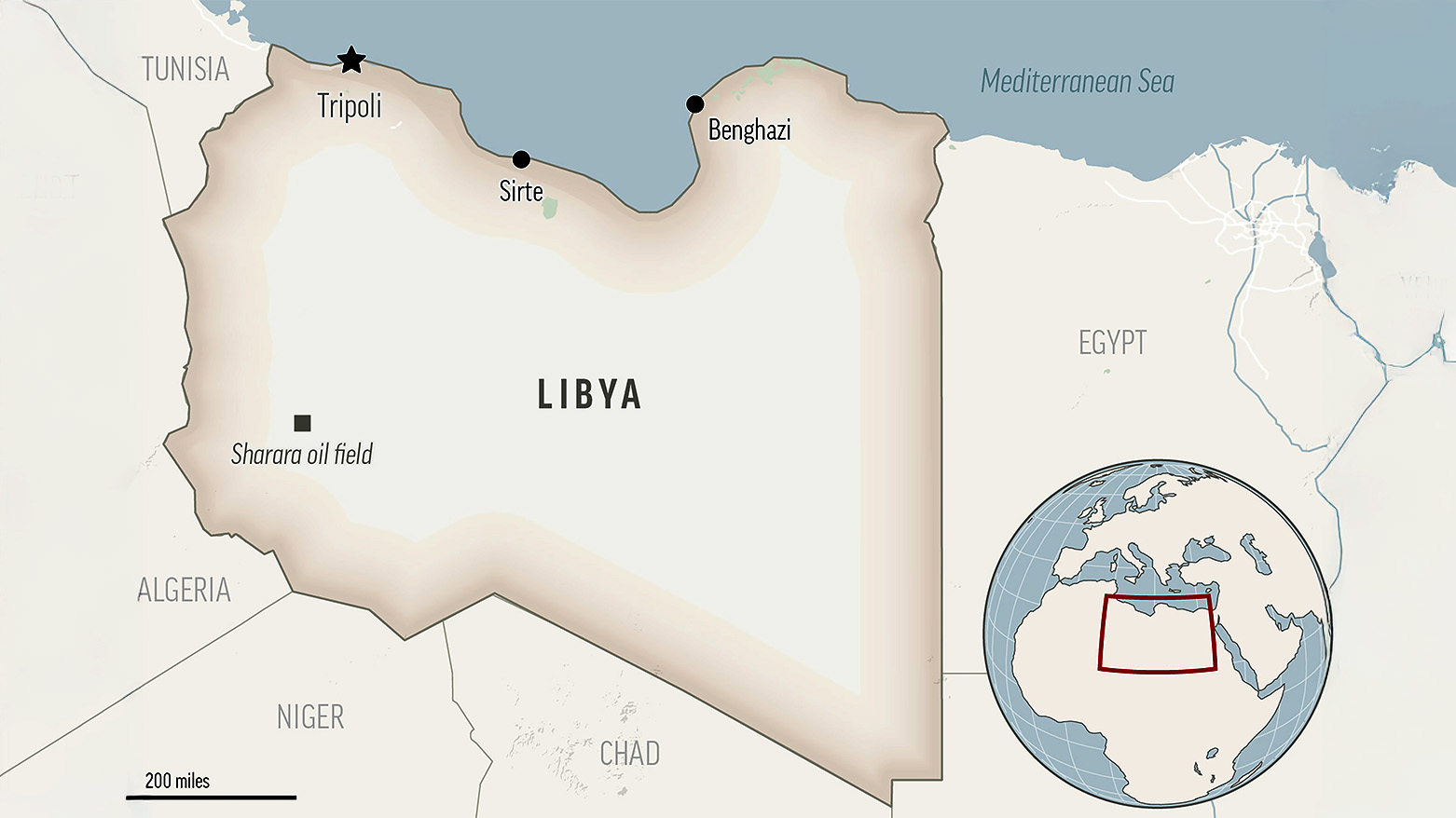Mass Graves of Migrants Discovered in Libya
Reports from al-Sharq al-Awsat indicate that migrants who failed to pay ransom to traffickers were brutally executed and buried in unmarked graves, further exposing the dark underbelly of the ongoing migration crisis.

ERBIL (Kurdistan24) – The recent discovery of mass graves containing the bodies of irregular migrants in Libya has once again highlighted the grave human rights violations committed by human trafficking networks operating across the country.
Reports from al-Sharq al-Awsat indicate that migrants who failed to pay ransom to traffickers were brutally executed and buried in unmarked graves, further exposing the dark underbelly of the ongoing migration crisis.
According to the report, a group of escapees near southeastern Libya directed authorities to a mass grave where dozens of migrants had been killed.
This revelation follows consecutive discoveries of similar death pits, with Libyan authorities confirming the retrieval of 74 bodies northeast of al-Kufra, a region long known for its connection to human trafficking networks.
Escalating Human Trafficking and Migrant Abuses
The Libyan Attorney General’s Office has initiated an investigation into these crimes, revealing the horrifying details of how trafficking gangs systematically detained, tortured, and ultimately executed migrants who could not pay the ransom demanded for their release.
The Wahat Security Directorate, which first uncovered the crime, described it as "extremely cruel and devoid of humanity."
Officials have so far liberated 76 migrants from captivity and uncovered at least 28 additional bodies at the site of a detention facility used by traffickers.
The evidence suggests a coordinated and systemic campaign of abuse targeting vulnerable migrants attempting to cross Libya’s borders in search of safety and better opportunities in Europe.
Involvement of Security Elements and Smuggling Networks
Complicating the crisis further, Libyan authorities have uncovered evidence implicating certain security officials in facilitating illegal migration.
Reports suggest that members of the Coast Guard branch orchestrated smuggling operations, even opening fire on investigators attempting to halt such activities.
The Attorney General has since ordered the detention of multiple suspects, including security personnel, for their roles in aiding human trafficking networks.
The revelations have once again underscored Libya’s ongoing struggle to combat human trafficking and prevent the country from being a primary transit hub for irregular migration to Europe.
The UN and various human rights organizations have continuously warned of the deteriorating conditions faced by migrants in Libya, many of whom fall prey to organized crime groups that exploit their desperation.
A Grim Migration Reality: International Response Needed
The mass graves discovered in Libya serve as a tragic reminder of the dangers migrants face along the Mediterranean route. UN data reveals that over 3,000 migrants have died while attempting to cross the Mediterranean in unsafe boats.
Meanwhile, Libyan authorities, in coordination with the United Nations, continue to deport irregular migrants under voluntary return programs.
Despite ongoing efforts to dismantle human trafficking networks, the crisis persists, requiring urgent international intervention and cooperation.
Advocates argue that Libya alone cannot shoulder the burden of preventing these atrocities and that coordinated action is needed to ensure the safety and dignity of migrants seeking refuge from conflict and economic hardship.
As the investigations continue, pressure mounts on Libyan authorities to hold perpetrators accountable and implement comprehensive measures to curb human trafficking. Without systemic reform and greater regional coordination, the cycle of exploitation and violence against migrants in Libya is unlikely to end.